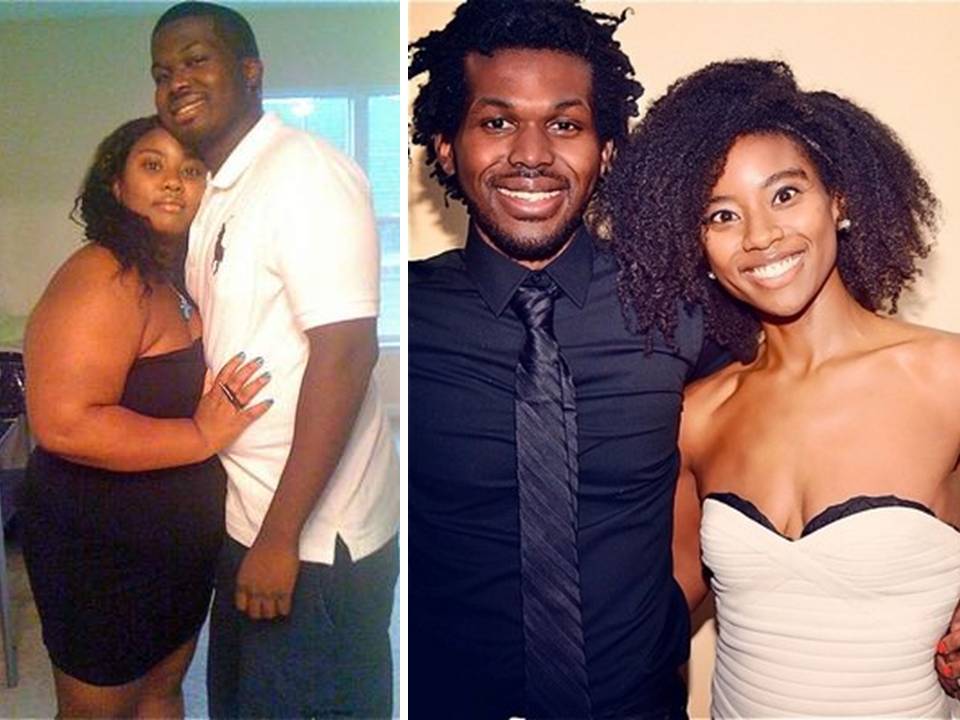Friends, Thin People Make it Difficult to Lose Weight
Overweight individuals who have thin friends who eat a lot can make it difficult to lose weight. Researchers from several universities found that individuals’ food choices are influenced by other people’s weight and what they choose to eat.
People appear to unconsciously imitate the actions of the people they associate with when it comes to food choices. In the current study, 210 college students were recruited and told they were part of a research project on movie watching. Each study participant was paired with another student who was actually a research associate and who obviously did not need to lose weight (thin build, 105 pounds) or who wore a “fat suit” which made her appear to be 180 pounds.
Each overweight student attended movie clips along with a research associate, and both were offered snacks. Research associates were served first and could choose either a small or large portion. The overweight students then made their choice, and most chose the same size portion as the research associate. When the overweight students believed their movie partner was obese, however, they tended to adjust the amount they ate. Thus the study’s authors noted that when a heavy companion eats a lot, you are more likely to adjust your eating habits and eat less. If your companion is thin and eats a lot, you may tend to eat more than you normally do. Recognizing these behaviors may help overweight people lose weight.
In a similar study published in the August 2009 issue of the American Journal of Clinical Nutrition, investigators evaluated the impact of social factors, such as the presence of friends, on childhood obesity and eating habits. Understanding the dynamics of these interactions could have a significant impact on the ability of overweight children to lose weight and improve their overall health.
The study involved 23 overweight and 42 normal weight children ages 9 to 15 who were randomly assigned to spend time with either a friend (33 friend pairs) or an unfamiliar person (39 pairs) of similar age. Each pain spent 45 minutes in a room stocked with games, puzzles, and individuals bowls of snacks (low-calorie: grapes, carrots; and high-calorie: potato chips, cookies). The children were told they could eat as much or as little as they wanted to but had to eat from their own bowls only. Their activities were observed via closed-circuit television. What the researchers observed could have an impact on the ability of young people to control overeating and to lose weight.
Friends who ate together consumed more food than participants who were with an unfamiliar person. Overweight children who were paired with an overweight peer, regardless of whether it was a friend or a stranger, ate more than overweight children who were paired with a normal weight youth. The results of this study reinforce previous research: people (both overweight and normal weight) who eat with friends (and by extension, family) tend to eat more than when they are with unfamiliar people. Therefore, to change the eating habits of overweight youth and help them lose weight, it appears it is necessary to enlist the help of family, especially parents, to recognize this problem and to change their own overeating habits and consumption of high-calorie foods to help their children lose weight.
SOURCES:
McFerran B et al. Journal of Consumer Research 2009; DOI: 10.1086/644611
Salvy SJ et al. American Journal of Clinical Nutrition 2009 Aug; 90(2): 282-87
Written by Deborah Mitchell
Exclusive to eMaxHealth
-
Techniques For Losing Weight Consuming An Ideal Diet Plan
Several individuals trying to lose weigh
-
Eat Wholesome Foods and Lose Weight Fast Naturally - Ways of Staying Slender Forever
A standard belief many individuals have
-
Dieting for a Quicker Way to Lose Weight-Discover How Easy It Can Be
When dieting for weight loss one of the
-
The 9 Best Resolutions For Your Health (And Happiness)
New Year’s resolutions. We know you’ve made a few. Like
-
Integrate The African Mango Weight-reduction plan Drugs Into Your Weight Loss System
Fleshy or obese people presently have hope in having an improved lease
-
Best Programs for Christian Weight Loss
Are you a Christian who has struggled wi
- DON'T MISS
- Dr. Oz Show – Can You Think Yourself Skinny?
- Get Serious To Lose Weight Really Fast To Avoid A Lower Social Status
- You Can Lose Weight With These Beneficial Tips!
- The Fat Loss 4 Idiots Review Vs. Some Other Plan
- Is Dieting Valuable in Losing Weight?
- Weight Loss And Sweating It Off: How You Can Cheat Your Caloric Banker And Loose Weight The Easy Way
- Protein and Weight Loss: The Needed Nutrient for a Successful Diet
- Nutrition Meat Its Whats For Dinner
- Read more all-around Fasting Diet
- This Is The Best Kind Of Apple To Eat For Weight Loss




